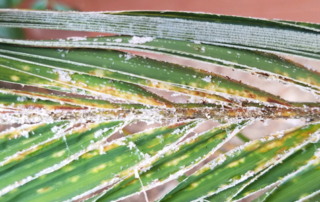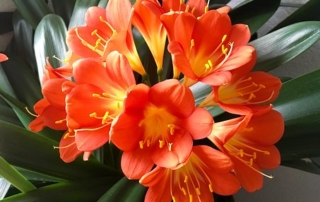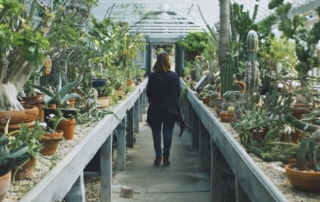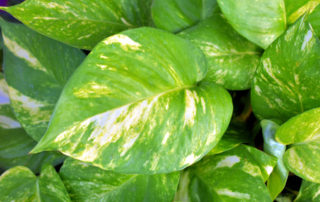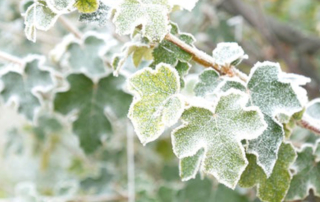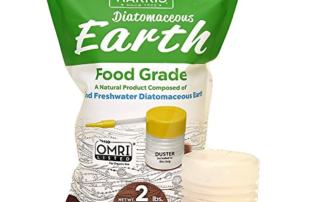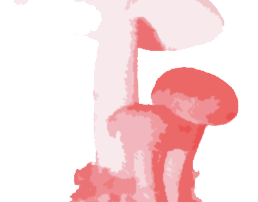How to Control Scale Insects
Visible scale insects on the plant stem and surrounding leaves When you walk under that 16’ Ficus and your shoes stick to the carpet, like in an old movie theater, you have scale. When your Spathiphyllum looks like somebody has dribbled a can of soda over some of its leaves, you quite possibly have [...]

